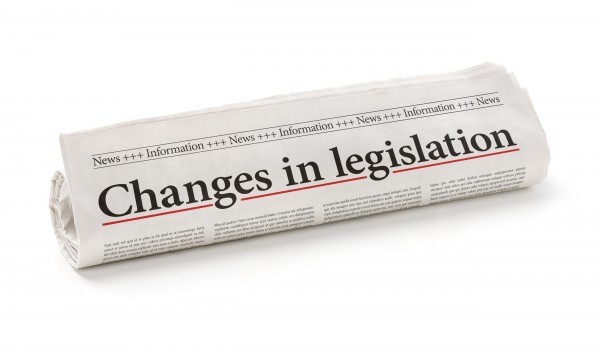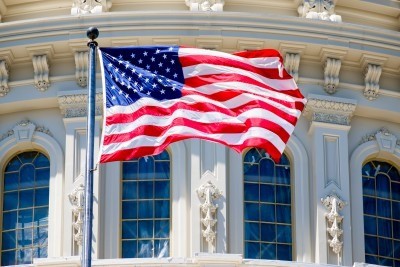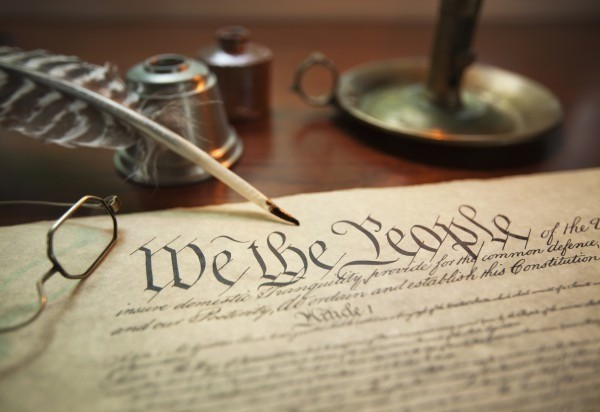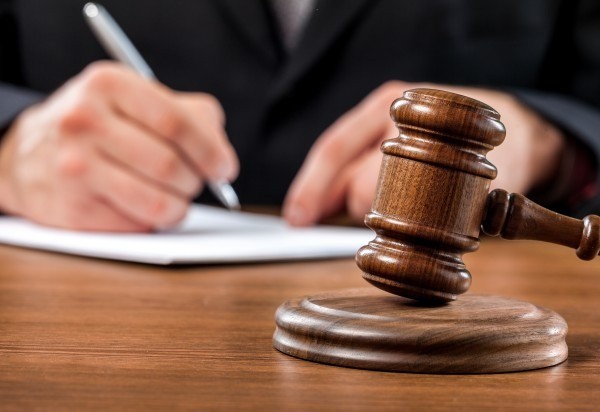Branches of
Government
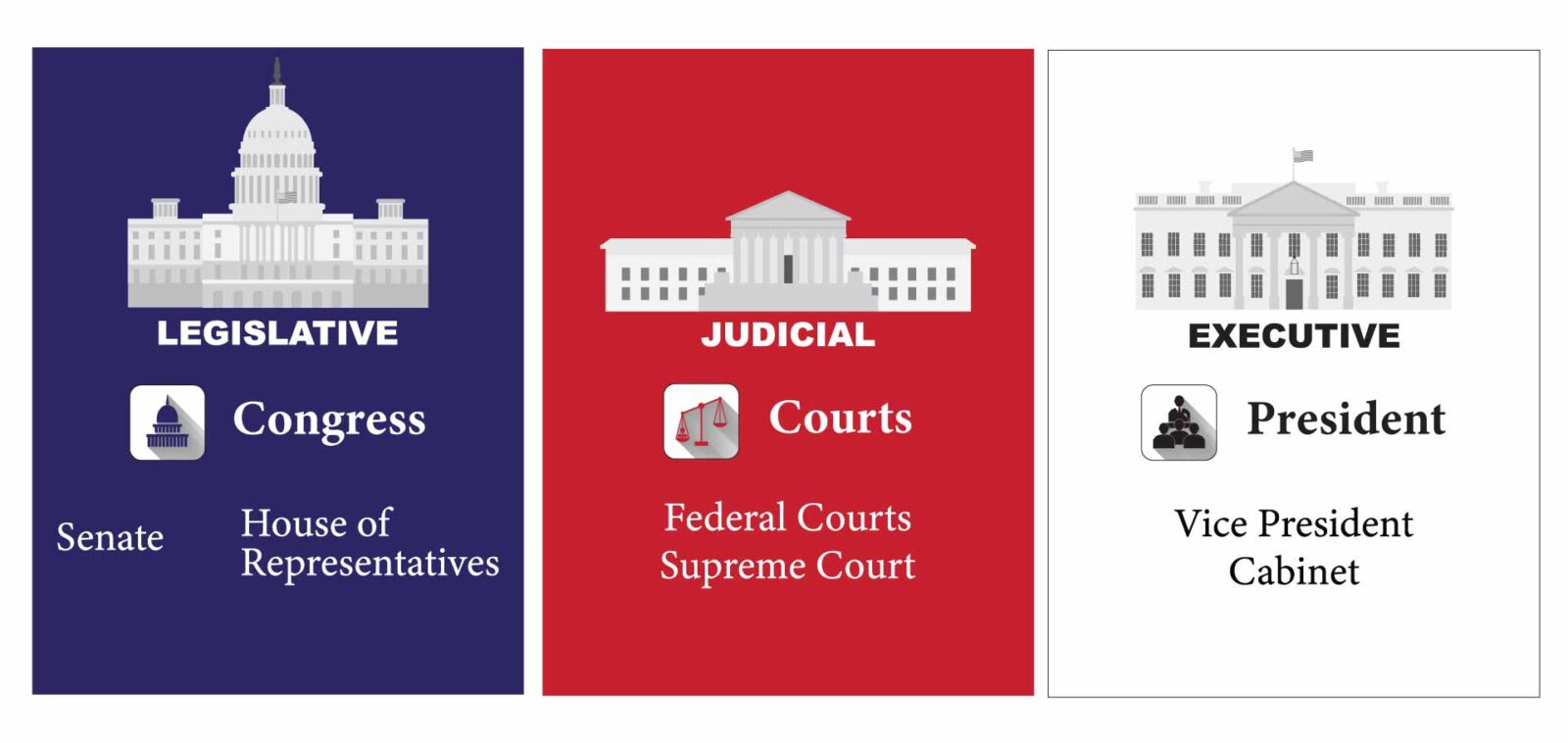
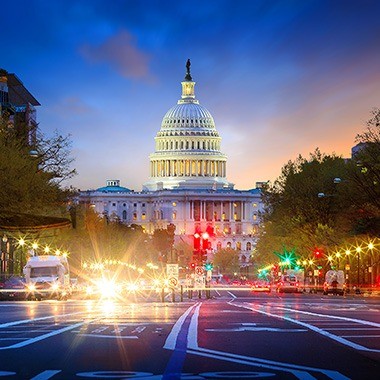
Legislative
The legislative branch drafts proposed laws , confirms or rejects presidential nominations for heads of federal agencies, federal judges, and the Supreme Court, and has the authority to declare war.
Judicial
The judicial branch interprets the meaning of laws, applies laws to individual cases, and decides if laws violate the Constitution. It’s comprised of the Supreme Court and other federal courts.
Executive
The executive branch carries out and enforces laws. It includes the President, Vice President, the Cabinet, executive departments, independent agencies, and other boards, commissions, and committees.
What’s on the Floor: Recent Legislation
Those in Congress are known as our lawmakers, but they never fail to serve as great news makers, especially when hot-button topics (such as immigration, gun control and in recent weeks, abortion)...
Do You Know the Three Branches of Government?
When you read this question, do you feel like you are on a game show trying to win the big prize? The branches of government aren’t something that we think about, and a refresher is always helpful....
What You Should Know About Our Constitution and the Branches of Government
While every aspect of our lives is in some way or form affected by legislation and politics, there can still be confusion about how our government breaks down. From the three branches of government...
What’s on the Docket: Recent Cases in the Supreme Court
Just as how the legislative branch makes laws and the executive branch enforces laws, the judicial branch serves as our interpreter of laws. In the words of Professor Freund in the film “On the...
Information is knowledge

